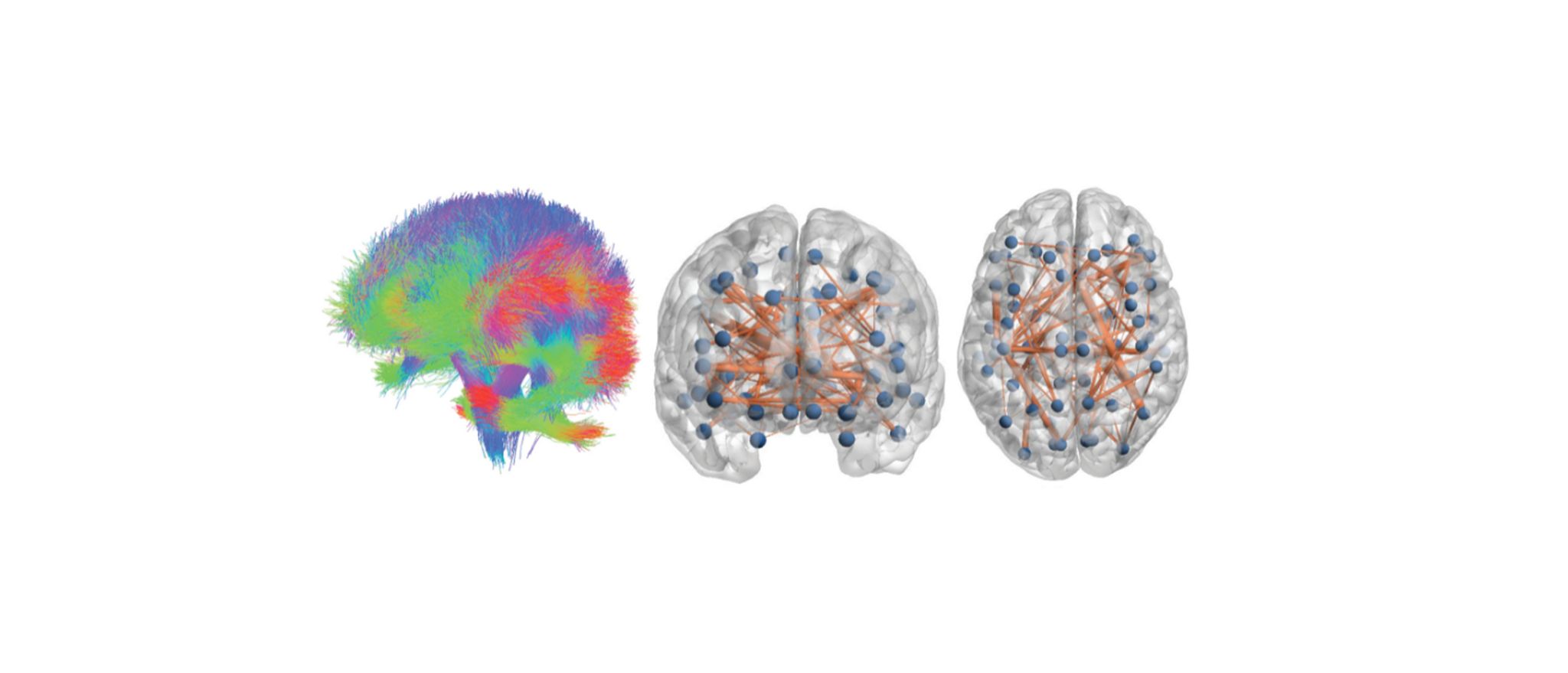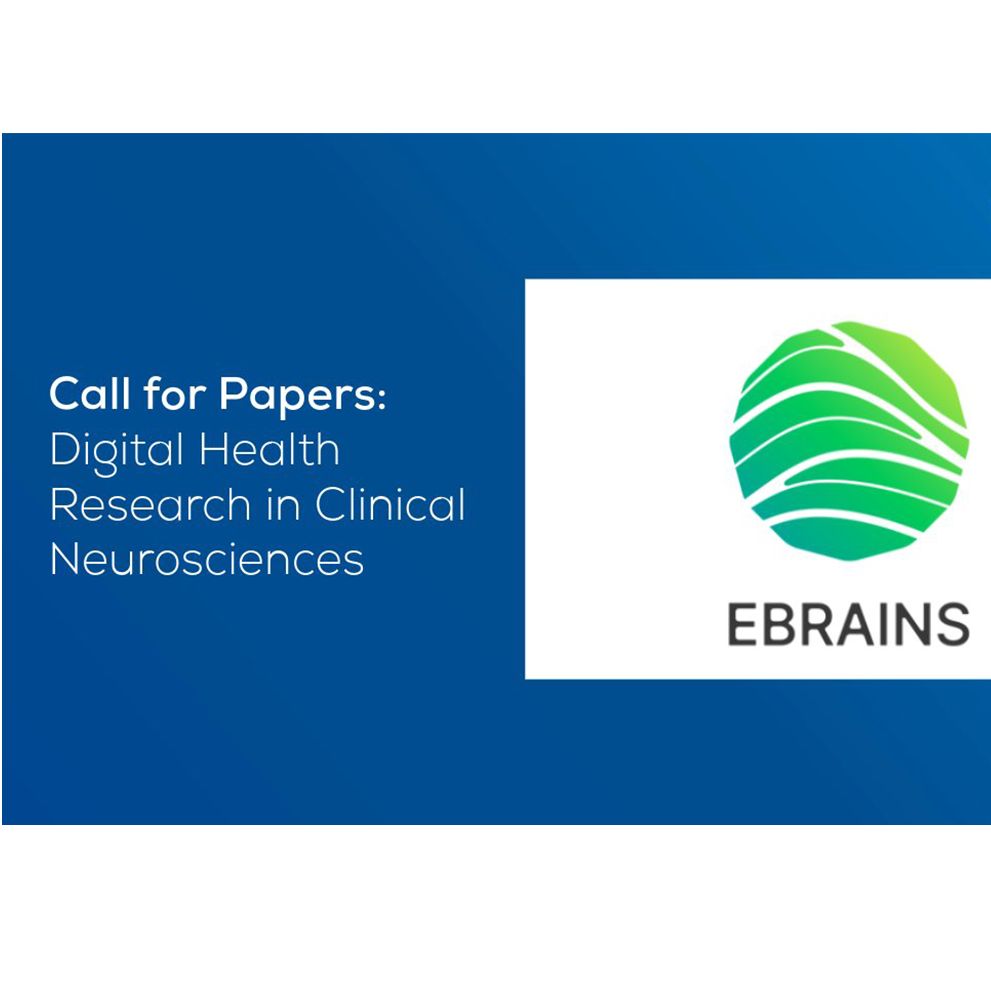
Personalised brain models improve clinical prediction in multiple sclerosis

A team of international scientists has used the EBRAINS-powered simulation engine The Virtual Brain (TVB) to integrate different types of patient data into personalised brain models of multiple sclerosis. The team was able to show that the prediction power of these models outperforms commonly used clinical markers, like measures of structural damage. The results were published in the Cell press open-access journal iScience.
Multiple Sclerosis (MS) is a chronic inflammatory disease that affects more than 2 million people worldwide. It is characterised by damages to the myelin layer which insulates nerves cells and their connections. This structural damage leads to disturbed communication between cells and brain areas.
The research team analyzed data collected from MS patients and controls. By integrating structural brain scans of the patient’s connectivity and measurements of their electrical brain activity into individual brain models, they were able to estimate conduction velocities and identify significant differences between the two groups. Remarkably, the study found that these velocities were superior predictors of clinical disability compared to structural damage.
"Our findings underscore a nuanced relationship between conduction delays and large-scale brain dynamics," says the first author of the study, neurologist Pierpaolo Sorrentino from Institut de Neurosciences des Systémes of Aix-Marseille Université. "Individual velocity alterations at the whole-brain level appear to contribute causatively to clinical outcomes in MS."
The study's results have significant implications for the diagnosis and treatment of MS. By utilizing virtual brain models, healthcare professionals could gain a more accurate understanding of the disease's progression and tailor treatment plans accordingly. This personalized approach has the potential to improve patient outcomes and quality of life.
Multiple sclerosis causes a wide range of physical and cognitive symptoms. The ability to accurately predict clinical disability based on conduction velocities represents a major advancement in the field. It opens up new avenues for research and the development of targeted therapies.
The researchers first discovered the method for calculating such conduction delays from brain data while working together in the Human Brain Project. (Sorrentino 2022, more information). “The successful integration into personalised brain models was the next step”, explains co-author and EBRAINS Chief Science Officer Viktor Jirsa.
The research team is now focused on further investigating the relationship between conduction delays and large-scale brain dynamics. They hope that their findings will contribute to the development of more effective treatments and interventions for MS patients.
Original Publication:
P. Sorrentino et al: The virtual multiple sclerosis patient, iScience, Volume 27, Issue 7, 2024, https://doi.org/10.1016/j.isci.2024.110101.
News & events
All news & events
- News04 Apr 2025

- News03 Apr 2025

